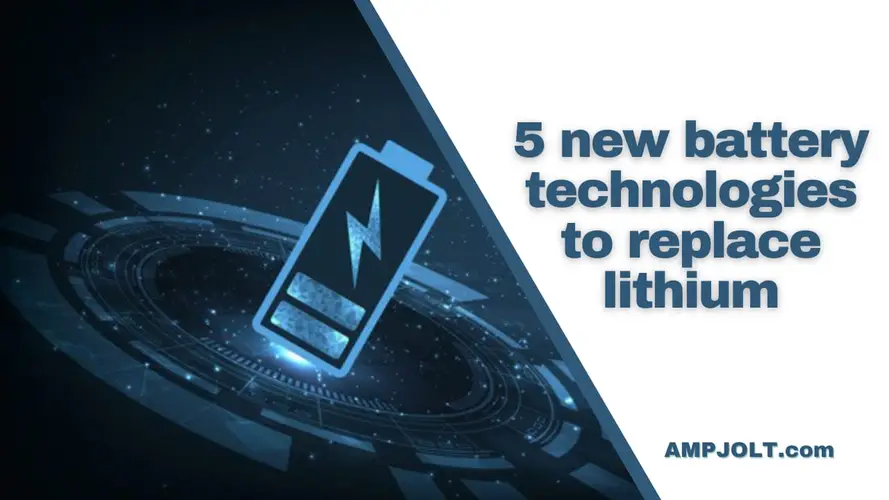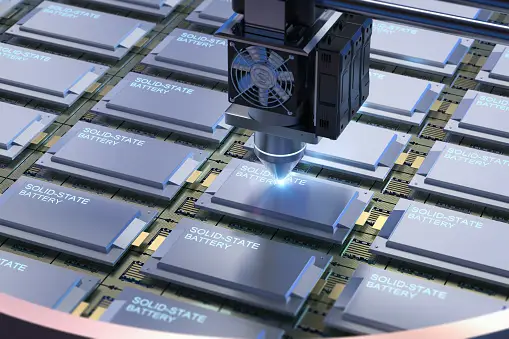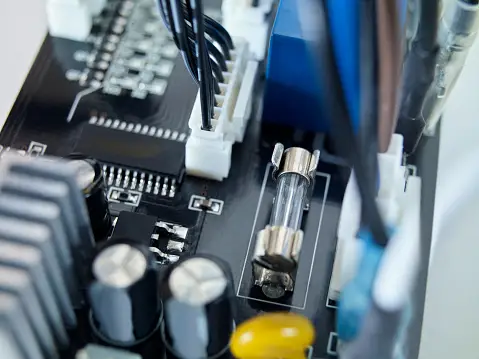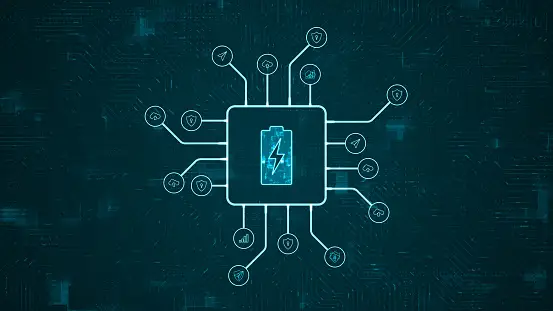Should I Switch to Wireless Charging - What Do Yo…
April 14, 2018

This article takes readers on a revolutionary trip through five cutting-edge battery technologies that are expected to outperform the widely used lithium-ion batteries. In an era when sustainable energy solutions are critical, these inventions promise to reshape energy storage by providing breakthroughs that go beyond the boundaries of present technology.
As the world as a whole seeks sustainable solutions to meet its increasing energy demands, the need for novel battery technology has never been greater. The transition to sustainable energy and electric transportation involves a break from typical lithium-ion batteries, prompting researchers and engineers to consider new techniques. In this search, five developing battery technologies have emerged as frontrunners, providing a look into a future in which energy storage is more than simply a technological need, but also a driving force for good.
Solid-state batteries mark a significant change from previous energy storage techniques. By replacing liquid electrolytes with solid equivalents, safety issues are greatly addressed, while performance is improved. These batteries demonstrate a commitment to the future of sustainable energy, offering increased energy density and a longer lifespan. Solid-state batteries, as a safe and robust solution, are critical to promoting mainstream use of electric cars. Notably, the absence of combustible components improves safety, establishing solid-state batteries as a foundation for the future of clean and secure energy storage.

Enhanced Safety: Solid-state batteries eliminate flammable components, addressing safety concerns associated with traditional battery technologies.
Electric Vehicle Adoption: The improved performance of solid-state batteries contributes to the accelerated adoption of electric vehicles, promoting sustainable transportation.
Enter the future with graphene-based batteries, which use a single sheet of carbon atoms to revolutionize energy storage. Beyond quicker charging and a longer lifespan, graphene's lightweight and strong nature helps to create sustainable and durable battery solutions. Graphene's enhanced conductivity not only improves energy storage, but also allows for environmentally beneficial developments in electrical gadgets and renewable energy systems.

Lightweight Design: Graphene's lightweight properties contribute to the development of batteries that are not only efficient but also portable.
Eco-Friendly Advancements: The robust nature of graphene paves the way for sustainable advancements in electronic devices and renewable energy systems.
Lithium-sulfur batteries differ from typical lithium-ion chemistry by using sulfur as a cathode material. The result is increased energy density and longer power life, making them an appealing option for a wide range of applications. Aside from performance advantages, lithium-sulfur batteries are positioned as a forerunner in redefining the energy storage landscape due to their low environmental impact and economic efficiency.

Environmental Sustainability: Lithium-sulfur batteries contribute to environmental sustainability by reducing the environmental impact associated with traditional battery chemistries.
Cost-Effectiveness: The use of sulfur as a cathode material enhances cost-effectiveness, making lithium-sulfur batteries an economically viable option.
Aluminum-ion batteries emerge as a sustainable alternative to lithium-ion batteries by overcoming resource limits. Aluminum-ion batteries are abundant and recyclable, providing a low-cost option with enhanced safety characteristics. This technology not only solves environmental problems, but it also has the ability to power anything from portable devices to electric cars, ushering in a new era of convenient and environmentally responsible energy storage.

Resource Abundance: Aluminum-ion batteries utilize abundant resources, reducing dependency on scarce materials and enhancing sustainability.
Versatile Applications: The potential to power various devices, from portable electronics to electric vehicles, highlights the versatility of aluminum-ion batteries.
Flow batteries transform the energy storage paradigm by introducing a novel design that stores energy in external tanks as liquid electrolytes, allowing for scalability and adaptability. This approach addresses grid-level energy storage demands by separating electricity and energy capacity. Flow batteries, with their adaptability and extended duration characteristics, are a viable option for large-scale energy storage, representing a significant shift in how we approach and use energy resources.

Scalability: The design of flow batteries allows for easy scalability, making them suitable for diverse energy storage needs, from residential to grid-level applications.
Decoupled Power and Energy: Flow batteries' ability to decouple power and energy capacity enhances flexibility and adaptability, addressing varying energy demands.
The energy storage sector is experiencing a fundamental upheaval, driven by these five game-changing battery technologies. From the increased safety of solid-state batteries to the environmentally benign promise of aluminum-ion alternatives, each advancement gets us closer to a sustainable and efficient energy future. Accepting these improvements is more than just an update; it is a commitment to a greener, more resilient future. As these technologies advance, they hold the key to unlocking previously unimaginable possibilities in how we harness, store, and use energy on a global scale. Stay tuned for a future in which energy storage is more than simply a need, but a catalyst for good change.
Solid-state batteries show promise as a leading candidate to replace lithium-ion batteries, offering enhanced safety and performance.
Emerging technologies like solid-state, graphene-based, lithium-sulfur, aluminum-ion, and flow batteries are positioning themselves as potentially superior alternatives to traditional lithium-ion batteries.
Cutting-edge battery technologies beyond lithium include solid-state, graphene-based, lithium-sulfur, aluminum-ion, and flow batteries, each with unique advantages.
The next frontier in battery technology includes innovations such as solid-state, graphene-based, lithium-sulfur, aluminum-ion, and flow batteries, poised to revolutionize energy storage.
Flow batteries store energy in external tanks as liquid electrolytes, providing scalability and adaptability for grid-level energy storage needs.
As the world shifts towards clean energy, exploring new battery technologies is crucial to meet the growing demand for sustainable solutions in various industries, including electric mobility and renewable energy.
Comments
Write a comment